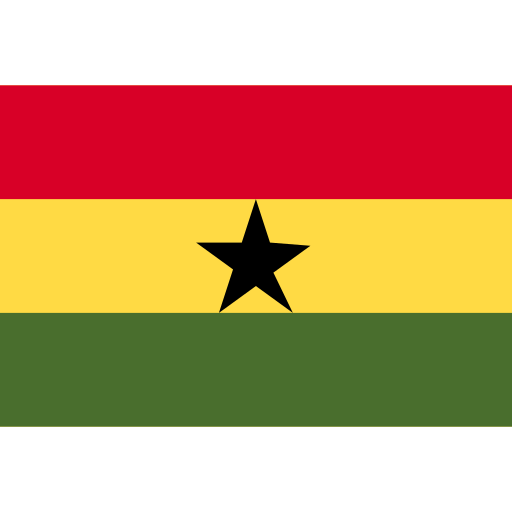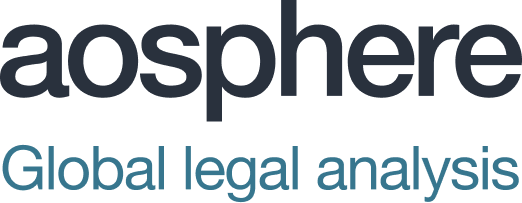
Speed Read
Data privacy - Ghana


The full report, available to subscribers and those on a free trial, includes access to a detailed legal memorandum, Breach Response App, Horizon Scanning and Sanctions Tracking, Schrems II Toolkit and Territorial Scope View, all supported by daily monitoring and alerts.
Source date: 20th August 2025
Overview
Legal Framework
Relevant law: Data Protection Act, 2012 (Act 843)
Regulator: Data Protection Commission (website)
Fines and Enforcement
Maximum possible fine: 5,000 penalty units (circa USD 6,00).
Top fine to-date: Reports are not clear on the levels of fines issued.
Compliance Overview
Register with regulator: Data Controllers must register with the Commission, pay the required fee and renew their registration every 2 years.
Appoint a DPO: A DPO is not required by law, however, in practice the Commission requires large Data Controllers to appoint a ‘data protection supervisor’.
Appoint a CISO: There is no specific legal obligation to appoint an information security officer, but doing so is good practice.
Formal compliance programme: A compliance programme may assist in meeting the accountability principle and in providing compliance reports to the Commission. Large data controllers must also train their DPOs.
Publish/provide privacy notice: A Data Controller collecting Personal Data must make Data Subjects aware of the collection and of certain information about the processing.
Maintain records of activities: There is no requirement to maintain an internal register or file any such register with the Commission.
Conduct privacy assessment (DPIA): DPIAs are not generally required (other than for appointing a representative), but undertaking DPIAs may assist with broader compliance.
Data security measures: Data Controllers must secure the integrity of Personal Data through appropriate technical and organisational measures.
Key Risks and Considerations
1) Ghana has an established regime, but requirements are less onerous than the GDPR.
2) Consent is generally required for processing, but exceptions exist (e.g., legitimate interests).
3) The law has extra-territorial effect (but data in transit through Ghana is not subject to the law).
4) There are clear data breach notification obligations, with notifications required to individuals and to the Commission.
5) There are specific laws on direct marketing, which generally require consent.
Find out how aosphere can help
Rulefinder Data Privacy is an easy-to-use online resource that provides practical analysis of data protection and privacy laws across key global markets. The analysis is simple to access online, easy to navigate and maintained by a dedicated team of senior lawyers.



